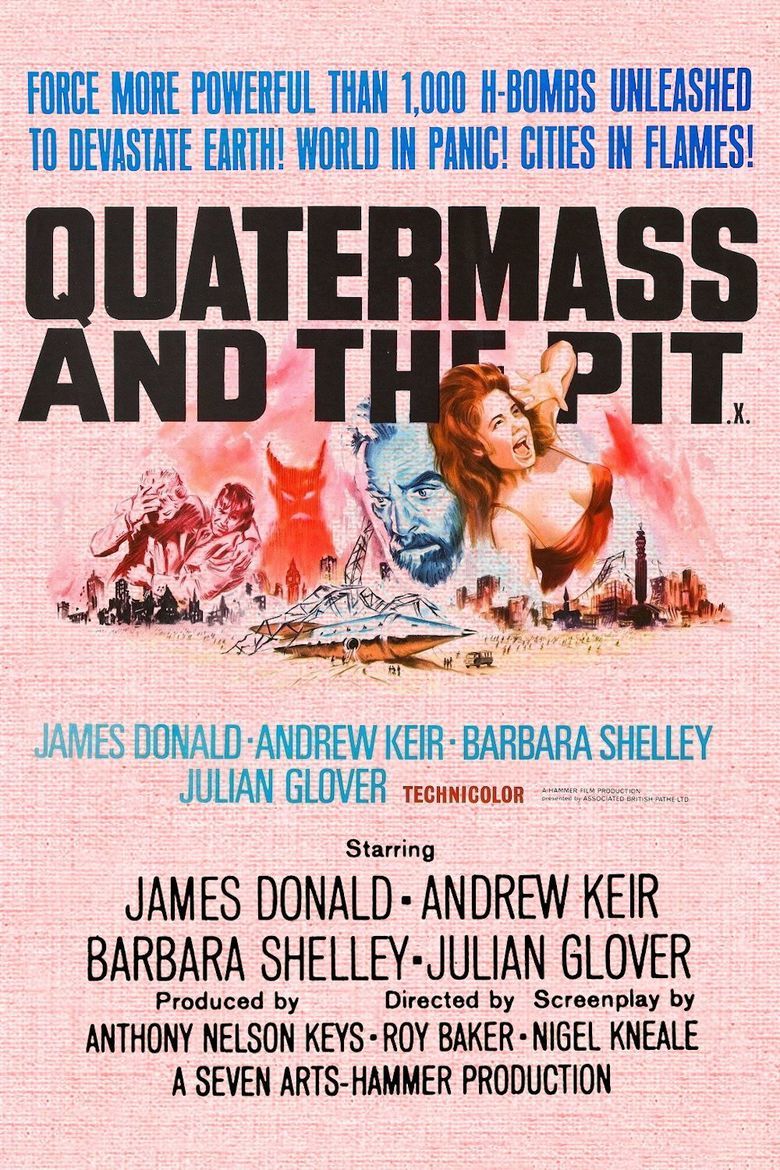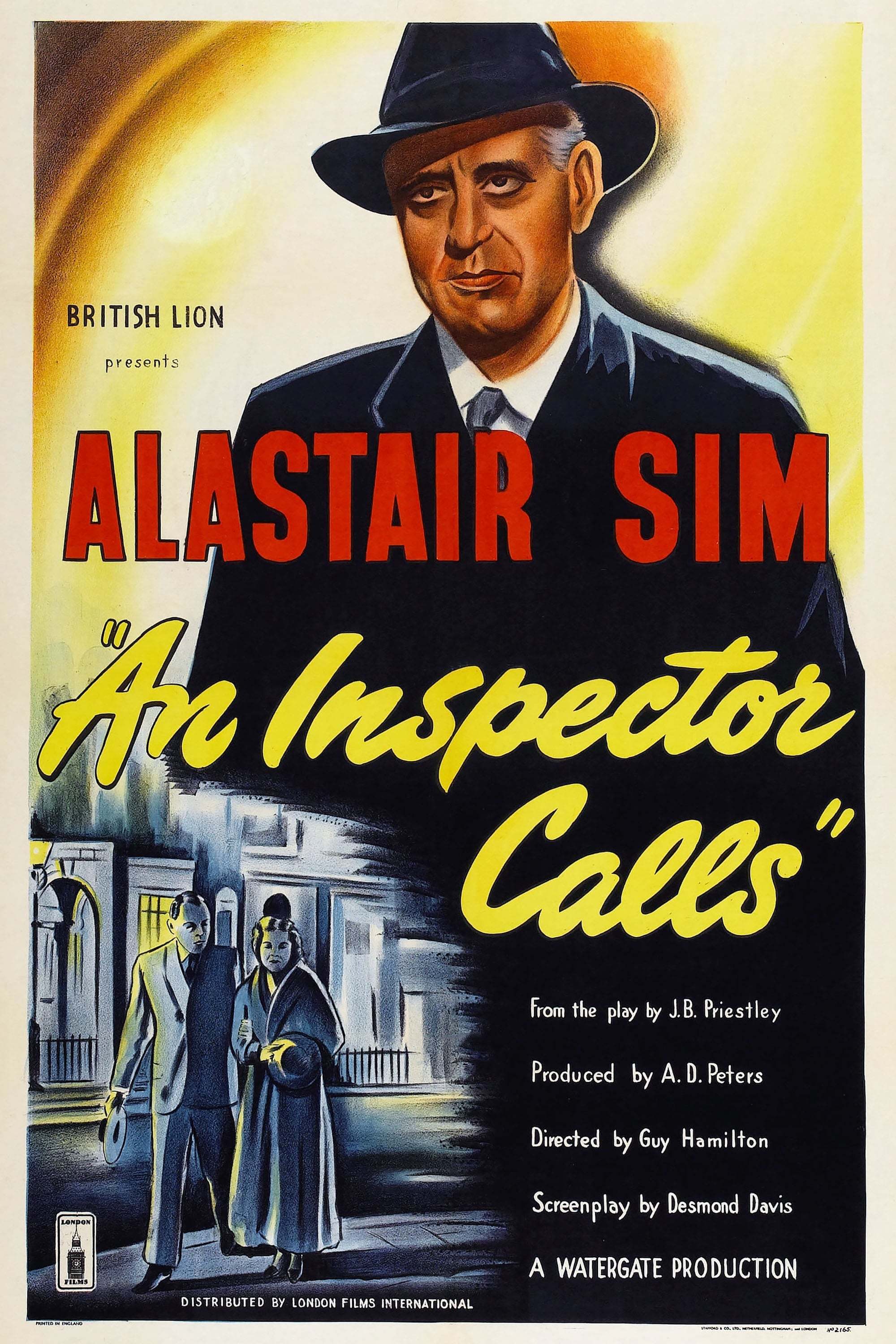
I’m obviously a fan of Hammer Studios’ horror productions of the 1950s and 1960s as I’ve talked about them numerous times on these pages. I’ve also talked about how my wife doesn’t like horror films and that I usually watch them without her. She does like Hammer Horror as they usually aren’t too scary or gorey and so when my daughter is away I’ll sometimes throw one of their films on.
So it was with Quatermass and the Pit. My wife was actually busy doing something else when I put it on, but when I hollered down to her that I was watching a Hammer movie she came right up. Quatermass and the Pit is actually the third film in a loose trilogy. The first film The Quatermass XPeriment came out in 1955, Quatermass 2 followed in 1957 and then this third film came out in 1967. I’ve seen the other two but I couldn’t for the life of me tell you anything about them now. This isn’t to say that they were bad, but perhaps they just weren’t all that memorable.
All three films follow Professor Quatermass (played by Brian Donlevy in the first two films, and Andrew Keir in this one) a brilliant scientist who keeps finding himself involved in strange occurrences and alien invasions.
Quatermass and the Pit begins with some scientists down inside a London Tube station. Some construction workers had been digging out a new tunnel and came across some strange ape/man-looking skeletons. After some more digging, they come across a smooth, roundish object. Fearing it is a leftover Nazi bomb they call in the military. A little more digging shows it to actually be some kind of alien ship.
That’s when Quatermass is called in. There is a lot of silly sci-fi nonsense that comes after and the inevitable clashes between science and the military. The Quatermass films always remind me a bit of Jon Pertwee-era Doctor Who in that he’s this brilliant scientist who is amazed at new discoveries and alien lifeforms, and he winds up butting heads with military forces that just want to shoot things and blow them up.
The whole thing is a bit ridiculous and wonderful in the way science fiction films often were in the 1950s. The fact that this was made in the late 1960s makes it somehow even more awesome.

